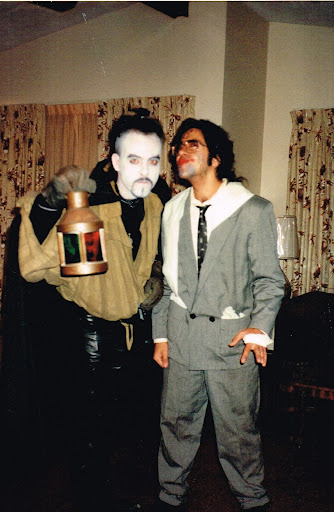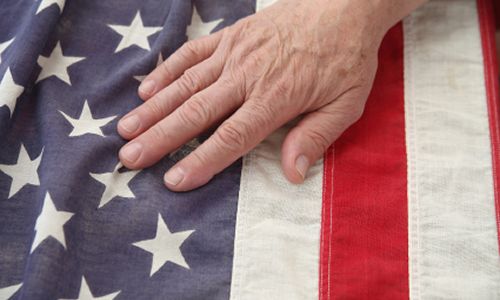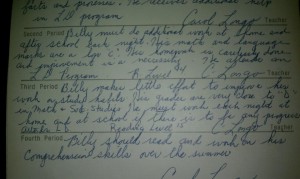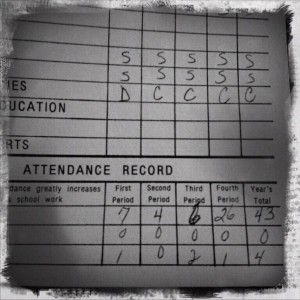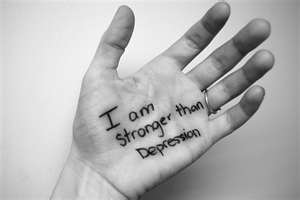There’s a guy I used to work with who was always a pleasure to be around. I loved his humor and work ethic, and, thanks to Facebook, I get to stay in touch with him. But I’m worried by what I see right now.
Mood music:
[spotify:track:7Foti4A082iVkY8Az1hvlX]
By now this guy has probably figured out that this will be about him. He need not worry. I’m not going to name him or the place where we worked together.
He’s gone through a rough patch in recent weeks and his depression is bleeding all over his Facebook page. That happens with most of us. But he keeps talking about losing himself in his food. I’ve been down that road, and need to do what I can to knock sense into him.
From this point on, I’ll be speaking directly to him:
My friend, you don’t want to hear any of this, but you need to. You’re slowly killing yourself because life has hit a rough spot. You’ve been through rough periods before and got past them. This will be no different.
You say food is your first great love, the one who doesn’t argue and gives you back everything you put in. I used to think that way. It’s a lie — the same lie alcoholics and heroin addicts fall for.
People have this stupid notion that you can’t call yourself an addict unless you drink too much or take drugs. But addiction covers anything we think we can’t live without. That includes relationships.
People like us walk around with a hole in our soul. We think we can fill it with things that give us a few moments of pleasure and solace. But it never works. The hole gets bigger, because the stuff we’re addicted to is really a corrosive agent, eating through the core of who we are.
Everyone struggles with something.
Everyone struggles with relationships. Everyone looks for comfort in certain behaviors: Eating, drinking, smoking, sex, spending, Web surfing, music, exercise, mountain climbing, gum-chewing, TV.
Just about everyone struggles with the difference between having enough of the items I just listed and not knowing when it’s enough. People eat too much all the time and casually make note of it. People get drunk and the headache they wake up with the next morning tells them they went too far.
There’s a tight parallel when it comes to mental illness, the main focus of this blog. Everyone struggles with times of depression, anxiety, mental fatigue, personality conflicts. Those very things are what usually drives a person to addictive behavior.
It’s all part of being human. That’s why the readership of this blog keeps growing. Everyone struggles and relates to the cause and effect.
But when does addictive behavior become the stuff of evil — a cancer that takes you over body and soul until satisfying the itch becomes the priority over all else?
That’s where we try to separate the so-called normal people from the crazies. I say try because one person’s crazy is another person’s normal.
We all think we know the difference between normal and crazy. But most of the time, we don’t know shit.
I can only tell you where my sense of normal crossed over into insanity. I’ve told you in a million different ways in this blog already.
To me, the key to recovery is partly about identifying when a behavior makes life unmanageable. Not the typical idea of unmanageable, where a person might always be scattered, nervous, hyper or lazy, thus becoming difficult to be around.
No, I’m talking unmanageable in the sense that your life is like a car speeding out of control, where one tire is flat, the engine has run out of oil and the back bumper is hanging off and causing sparks as it drags on the ground. The vehicle is ready to fall apart, and yet it keeps going faster and faster.
The addictive behavior that does that to your life is the insidious devil whose head must be ripped off if you’re going to make it.
For me, clinical OCD has always been a driver of my addictive behavior. I had to bring the OCD to heel before I could even begin to deal with the addictions. The 12 Steps of Recovery are key to my ability to manage both.
I’m not saying the 12 Steps is what you need. It works for me, but there’s more than one way to skin this beast.
I’ve broken my addictive behavior into categories that have more to do with what makes me insane than what is simply considered good or bad for you.
I love cigar smoke. Smoking is bad for you.
I love coffee. Some say that’s bad for you, though I don’t really believe it.
I love spending money on things. Who doesn’t? But spending too much can ruin you and those you love.
I love music. Some days I’d rather sit around listening to rock and roll than doing any number of other things I should be doing.
All of that can be considered addictive behavior. But binge eating, followed closely by alcohol and third by the prescription pills I used to take for back pain — those are the things I craved so badly that at one point I was willing to let everything else in life go to hell.
That is you with the food right now.
You are better than that. I’ve seen it.
It’s time to take control of your life again.
Thanks for listening.


